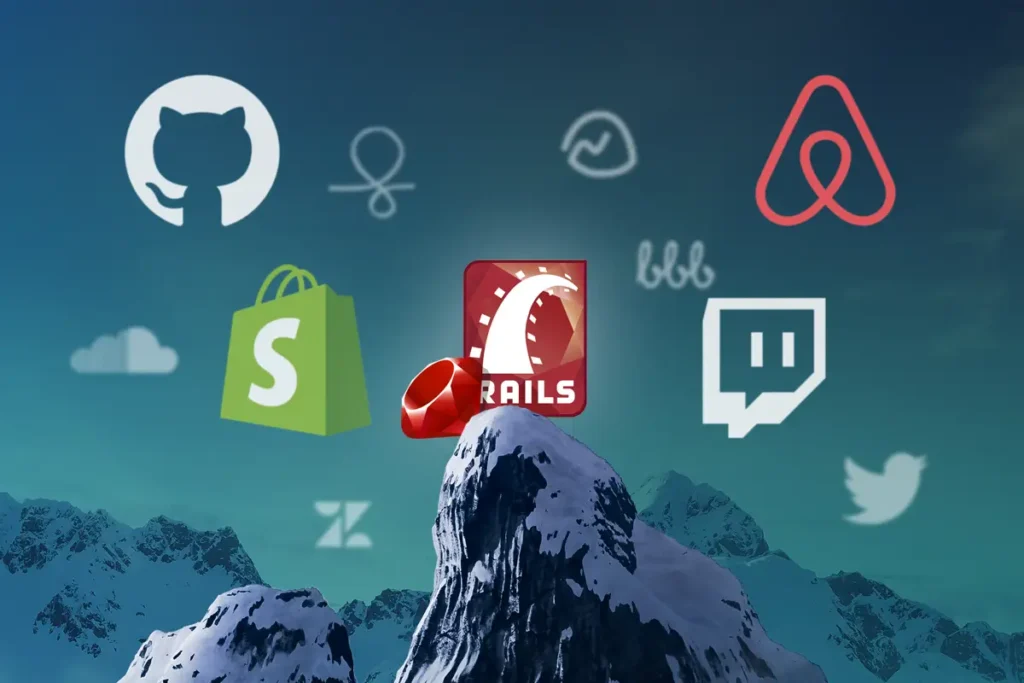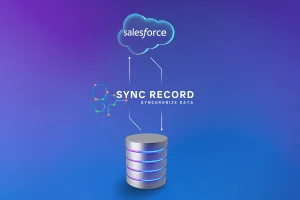Ruby on Rails provides developers with an excellent framework for developing high performing Web applications. It is reliable, fast and supported by a huge community of talented Ruby on Rails developers. But what makes Ruby on Rails so suitable for rapid scaling? We'll show you which well-known organizations have become great (and why), thanks in part to Ruby on Rails. But more importantly, how can your startup benefit from Ruby on Rails?
In the fast-paced world of technology and start-ups, there are a number of programming languages and frameworks that have paved the way to success. One such powerful combination is Ruby on Rails (RoR). In this article, we will discuss the best-known start-ups that have become big using Ruby on Rails. We will also discuss the advantages of Ruby on Rails, including its ability to be better, faster and cheaper than the competition.
What is Ruby on Rails?
Before we delve deeper into the best-known start-ups that have used Ruby on Rails, let’s take a look at what Ruby on Rails actually is. Ruby on Rails, also known as Rails, is an open-source web application framework written in the Ruby programming language. It is designed to help developers build Web applications with a strong emphasis on simplicity, readability and productivity.
Rails provides a standardized development structure known as the “Convention over Configuration” principle. This means developers can focus on building the specific functions of their application, while Rails implements the conventions and best practices for tasks such as database configuration, routing and code generation. This ultimately delivers shorter development time and higher productivity.
Better, Faster and Cheaper: the benefits of Ruby on Rails
Ruby on Rails offers several advantages over other frameworks and programming languages, making it a popular choice for many start-ups. Let’s take a look at some of these benefits:
- Simplicity & Readability: Ruby, the programming language behind Rails, is known for its simplicity and readability. The syntax is elegant and human-oriented, making it easy for developers to understand and work with the code. This promotes faster development and effortless cooperation between team members.
- Speed & Productivity: We mentioned it briefly: Rails’ “Convention over Configuration” principle helps developers get started quickly without wasting time setting up basic configuration. In doing so, Rails offers a range of built-in tools and libraries that speed development, such as automated code generation, automated testing and migration for database management.
- Mature ecosystem: Ruby on Rails has a mature ecosystem with an active community of developers who are constantly developing new tools, such as libraries and plugins. This gives developers access to a wide range of features that can be easily integrated into their applications without having to program everything themselves.
- Scalability: While Rails is known for its ability to quickly develop prototypes and MVPs (Minimum Viable Products; or the minimum version of a product to go live with), it is also highly scalable. Rails uses a modular design and offers built-in tools for caching, database optimization and load balancing, allowing applications to grow with increasing user needs. Ruby on Rails is additionally ideally suited for developing applications that are suitable for both laptops and mobile.
- Cost savings: Because of the productivity and speed of development offered by Rails, start-ups can save costs compared to other frameworks. The ability to build functionality quickly and improve it iteratively means less development time and therefore less cost.
Start-ups that got big with Ruby on Rails
Now that we have a good understanding of what Ruby on Rails has to offer, let’s look at some well-known start-ups that have become big using this framework and why they succeeded:
- Airbnb. This world-renowned travel accommodation platform was built with Ruby on Rails. The framework provided the flexibility and development speed Airbnb needed to quickly launch a scalable Web application. Rails’ modular design has also helped the Airbnb team tremendously to add and customize functionality as the company grew.
- GitHub. This popular platform for hosting software development projects is also built with Ruby on Rails. The simplicity and good readability of the Ruby language have contributed greatly to the success of GitHub. It allowed developers to quickly and easily navigate through codebases and provide feedback on projects.
- Shopify. This leading e-commerce platform relied on Ruby on Rails to develop its platform. Rails offered Shopify the ability to quickly add new features and the scalability to support millions of stores. As Shopify has grown, the company has moved parts of its infrastructure to other languages, but Rails still remains an essential part of their technology stack.
- Twitch. The largest live streaming platform for gamers originally used Ruby on Rails for its web application. The rapid development process and the ability to quickly implement new features were crucial to Twitch’s success. As Twitch grew and scalability became more of a challenge, the company migrated parts of the infrastructure to other technologies, but Rails still remains an important part of their technology stack.
These are some prominent examples, and there are countless other big names who owe their fame and success to Rails, including:

1. Airbnb
This world-renowned travel accommodation platform was built with Ruby on Rails. The framework provided the flexibility and development speed Airbnb needed to quickly launch a scalable Web application. Rails' modular design has also helped the Airbnb team tremendously to add and customize functionality as the company grew.

2. Shopify
This leading e-commerce platform relied on Ruby on Rails to develop its platform. Rails offered Shopify the ability to quickly add new features and the scalability to support millions of stores. As Shopify has grown, the company has moved parts of its infrastructure to other languages, but Rails still remains an essential part of their technology stack.
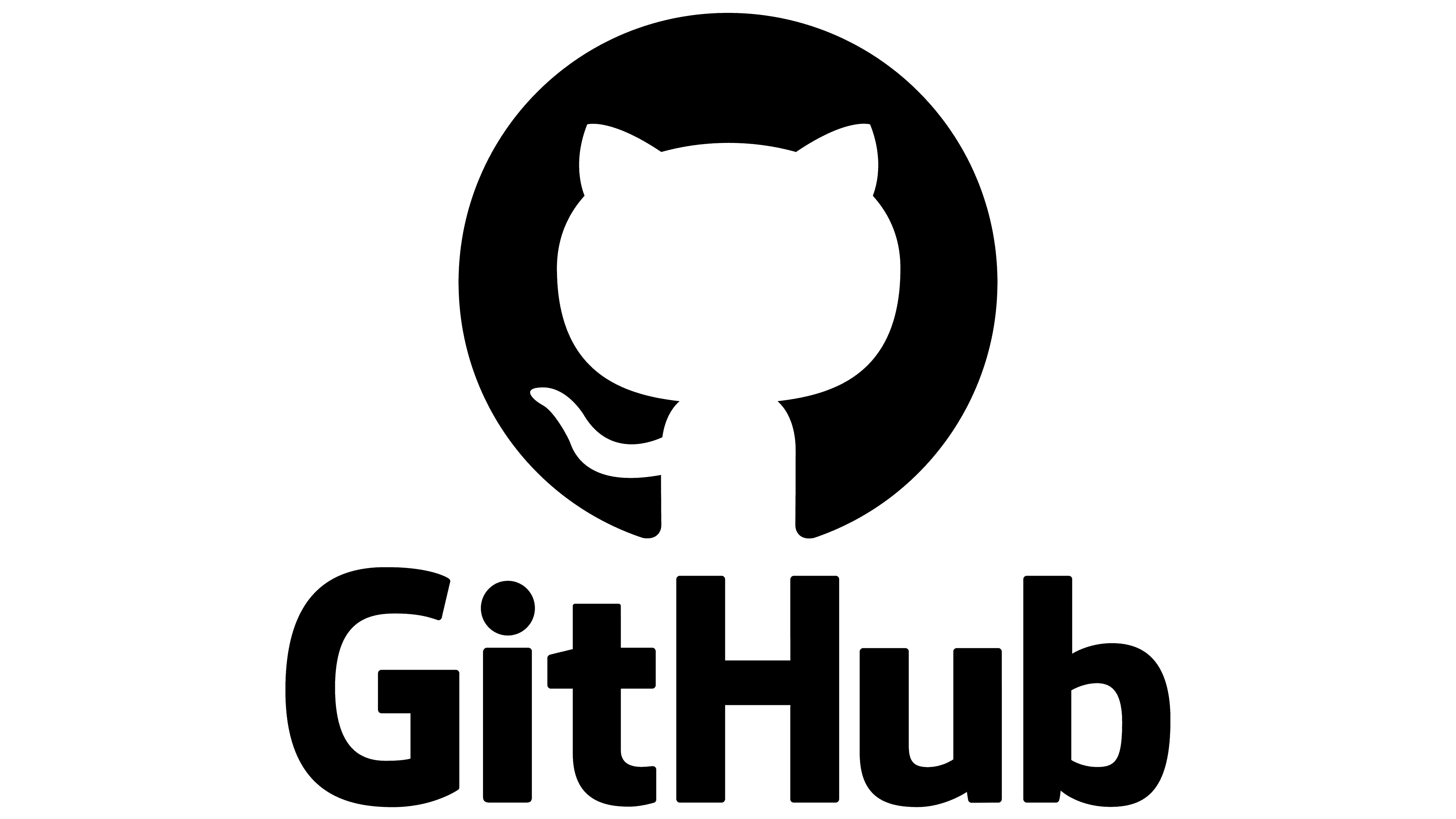
3. Github
This popular platform for hosting software development projects is also built with Ruby on Rails. The simplicity and easy readability of the Ruby language have contributed greatly to GitHub's success. It allowed developers to quickly and easily navigate through codebases and provide feedback on projects.

4. Twitch
The largest live streaming platform for gamers originally used Ruby on Rails for its web application. The rapid development process and the ability to quickly implement new features were crucial to Twitch's success. As Twitch grew and scalability became more of a challenge, the company migrated parts of the infrastructure to other technologies, but Rails still remains an important part of their technology stack.
These are some prominent examples, and there are countless other big names that owe their fame and success to Rails, including:

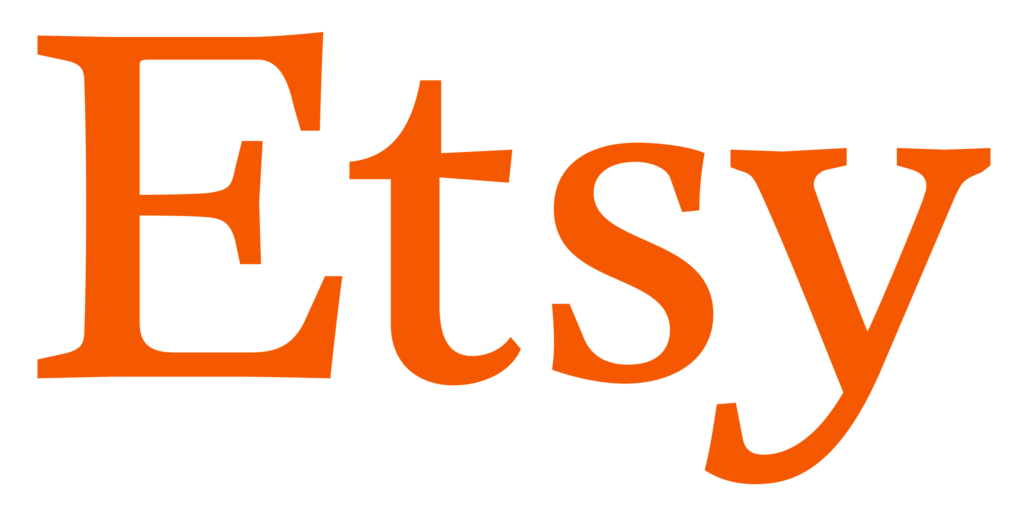

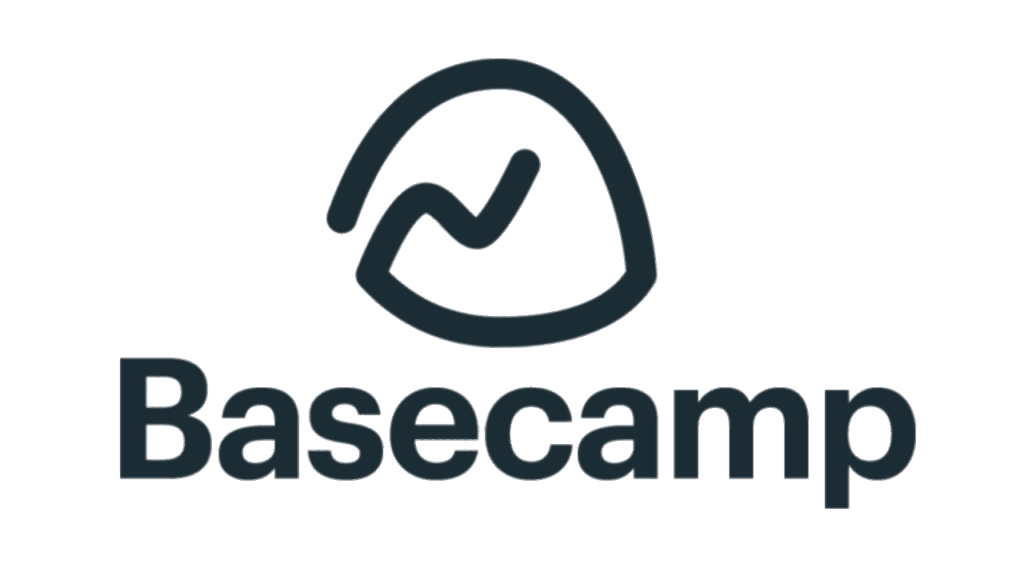



Best Practices in Ruby on Rails Projects
Besides these well-known start-ups, there are countless other organizations that have successfully used Ruby on Rails for their projects. We see that many of these brands have employed the same crucial Best Practices in developing their projects. Here are four of the important Best Practices:
- Test-driven development (TDD): Ruby on Rails encourages the use of test-driven development, where developers first write tests and then implement code to satisfy those tests. This ensures the quality and stability of the application, especially when iterations and changes are made.
- Using Ruby Gems: Ruby Gems are packages of reusable code that add functionality to a Ruby on Rails application. By using popular and reliable Gems, developers can speed up development because they don’t have to reinvent the wheel each time.
- Scalable architecture: When designing Ruby on Rails applications, it is important to anticipate future growth and scalability. Using previously mentioned techniques, such as caching and load balancing, can help improve application performance and scalability.
- Security: Information security and cyber security are crucial aspects of any application. It is essential to follow best practices for security in Rails, such as using secure authentication and authorization techniques, protecting against SQL injections and implementing secure session management.
Our experience with Ruby on Rails
At musQueteer, we have been developing with Ruby on Rails for years. Thus, we developed E-commerce solutions, dynamic websites, web applications (for desktop/laptop and mobile) and Saas (Software as a Service) solutions. In doing so, we use Ruby on Rails a lot to integrate applications with Salesforce, the world’s most famous Customer Relationship Management platform.
Our developers specialize in developing with Ruby on Rails; from developing a new solution “from scratch,” to maintaining and updating older code. They attended training courses and bootcamps (including at the renowned Le Wagon) to be fully up to date on applicable standards and the most valuable Best Practices regarding Ruby on Rails. This proved to be the golden combination with the already existing expertise in engineering and business administration (MBA). With our full stack development team, we thus pair technical ingenuity with keen business acumen to provide a complete and holistic solution to all our clients.
Ruby on Rails for your start-up?
After reading this article, do you want to know more about Ruby on Rails and how it can help launch your startup? Are you running into technical limits with your current scale-up and looking for a good platform that scales with your ambition? Or are you looking for a reliever who can take over maintenance of your existing Ruby on Rails environment? If so, please feel free to contact us!

Ask our specialists
Want to learn more about Ruby on Rails for your organization? If so, please feel free to contact Arnd Jan Prause, Founder and Consultant at musQueteer
